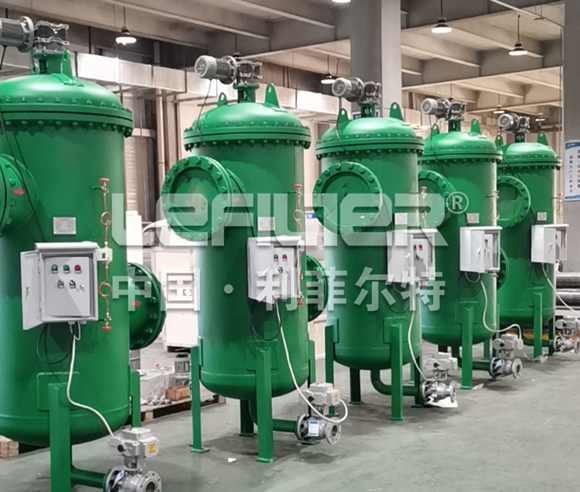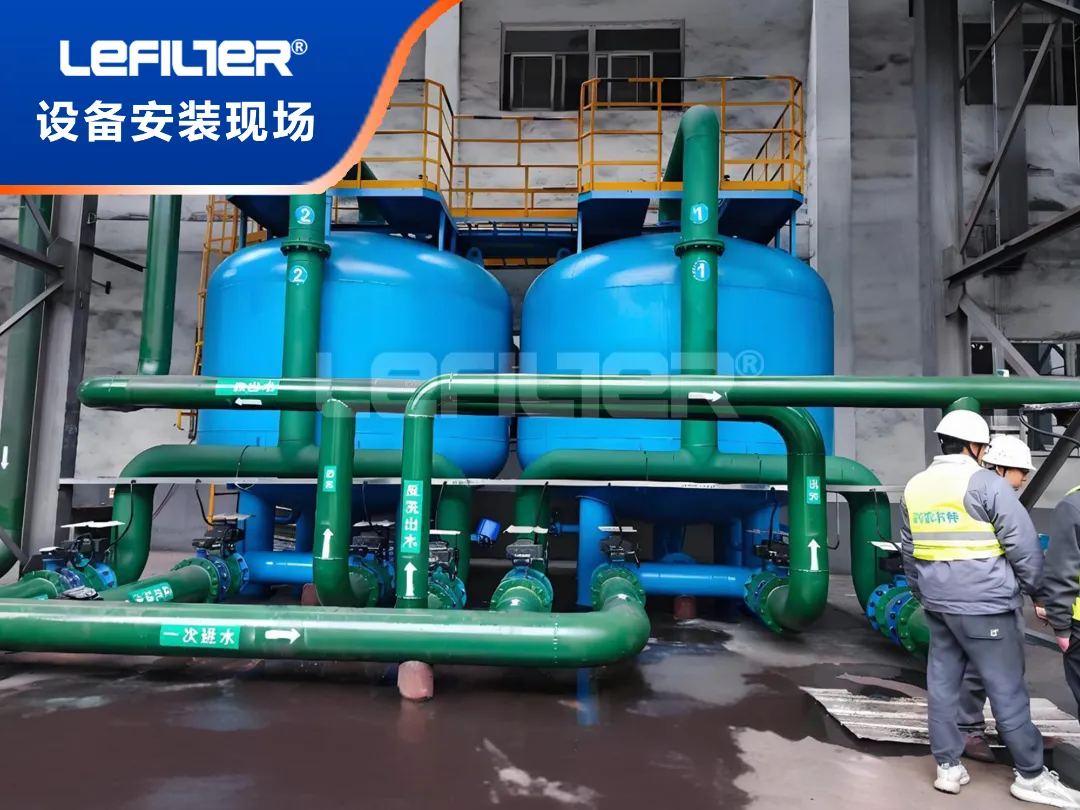-

Reverse Osmosis System: A Lifeline for Emergency and Specialized Water Needs
In an era where access to clean water is increasingly critical, **Reverse Osmosis Systems** have become a cornerstone technology, offering reliable solutions for emergency water needs and specialized applications. From disaster-stricken regions to military operations and challenging water sources, these systems ensure safe and efficient water purification under the most demanding conditions.Read more -

Reverse Osmosis System: A Key Player in the Evolving Water Treatment Market
In today’s dynamic global market, the demand for Reverse Osmosis water filter systems continues to grow, driven by a combination of increasing water scarcity, advancements in water purification systems, and stricter environmental regulations. This article explores the current market dynamics, regional demand trends, and the impact of policies shaping the future of reverse osmosis technology.Read more -

Reverse Osmosis System: Installation, Maintenance, and Longevity Tips
This article will guide you through the installation process, routine maintenance, and methods to extend the life of your Reverse Osmosis water filter system.Read more -

Reverse Osmosis System: A Sustainable Solution for Water Purification
As the demand for cleaner water grows, the Reverse Osmosis system is proving to be a critical technology for both improving water quality and supporting sustainable practices. From energy efficiency to wastewater recovery, RO systems are transforming the way we manage water resources, making them an indispensable part of the green development agenda.Read more -

Reverse Osmosis System: Enhancing Water Treatment Through Technological Integration
As water treatment demands grow more complex, the Reverse Osmosis system is evolving through technological integration, working seamlessly with other filtration methods to deliver superior results. This synergy not only improves water purity but also optimizes the entire water treatment process, making it more efficient and sustainable across a variety of applications.Read more -

Reverse Osmosis System: Versatile Solutions for Diverse Applications
With its advanced filtration technology, the Reverse Osmosis system has become a cornerstone in addressing global water challenges, providing essential purification solutions across diverse sectors, including healthcare, food and beverage, and residential water treatment.Read more -

Reverse Osmosis System: Redefining Water Purification Through Advanced Technology
The Reverse Osmosis system is a transformative water purification technology that combines precision engineering with innovative advancements to deliver clean, safe, and high-quality water for diverse applications.Read more -

Reverse Osmosis System: Unlocking the Potential of Advanced Water Purification
In an era where water quality is paramount, the Reverse Osmosis system emerges as a cutting-edge solution, redefining standards in purification and efficiency.Read more -

The Role of Pre-Filters in Enhancing Spray Tower Efficiency
Spray towers are vital components in various industrial and environmental systems, ensuring the removal of pollutants from air or liquid streams. The efficiency of these systems largely depends on the effectiveness of their filtration processes. One critical yet often overlooked element in this process is the use of pre-filters. Pre-filters play an essential role in protecting primary filters and enhancing overall filtration efficiency by removing larger particles from recirculated water or gas streams. We explore the mechanisms, benefits, and applications of pre-filters in spray tower systems.Read more -

Types of Filter Media Used in Spray Purification Towers
Spray purification towers are critical components in many industrial processes and environmental applications. They are designed to clean gases by using liquids, often water, to capture and remove contaminants. A key factor in their efficiency is the use of appropriate filter media. The filter media—materials that physically or chemically interact with the contaminants—determine how effectively the system performs. This article explores the types of filter media commonly used in spray purification towers, such as activated carbon, sand, ceramic, and others, along with their specific applications and benefits.Read more


